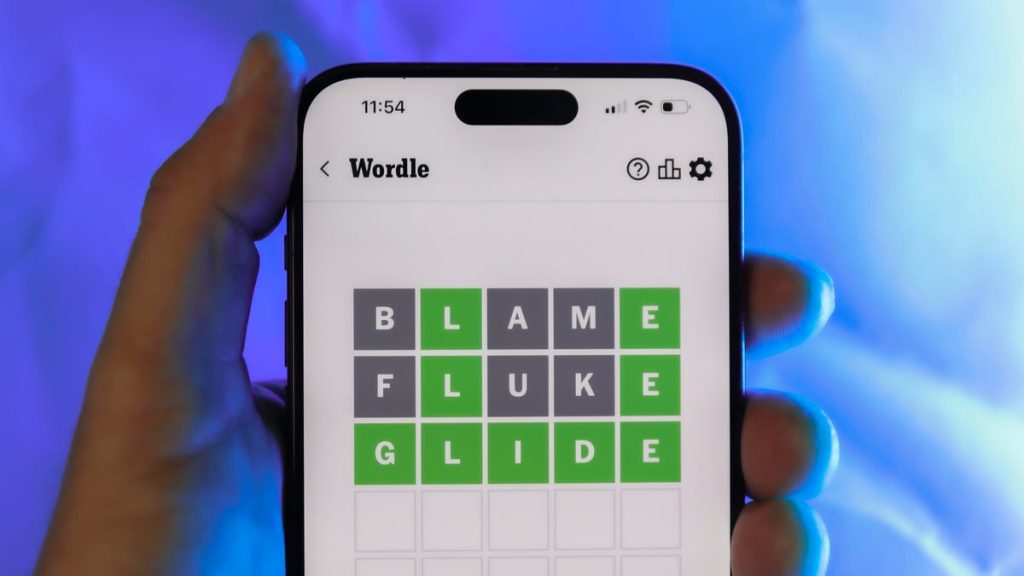Exploring the Digital Word Game Craze: Wordle and Beyond
Wordle has become an integral part of the daily routine for many enthusiasts who eagerly search for the latest answers and hints to tackle the five-letter word puzzle featured in The New York Times. The game not only serves as a nostalgic friend but also sets the stage for other engaging word games like Connections and Strands. Among the several available online word games, Wordle stands out as it continues to be a daily attraction, and fans are always keen on uncovering strategies to make their guesses more effective. One of the tidbits shared by players includes ranking the letters of the alphabet by popularity, which can help players to determine the best starting words to optimize their chances of solving the daily puzzle.
Players often seek out strategies and tips to enhance their Wordle gameplay experience. Over time, various articles exploring starter words, unique guessing techniques, and reflections on the game’s evolution have gained traction online. Many players suggest using common five-letter words as starters, while others innovate by choosing words based on items they see around them—like "COUCH" or "CHAIR." Observations about preferred starting words reveal an array of personal choices; while some lean toward popular letters in English, others have specific preferences. For instance, using "TRAIN" or "TRAIL" as starter words is common, but the preference varies widely, as players flourished their own styles.
For newcomers, understanding the game mechanics is crucial. Wordle consists of six attempts to guess a secret word, after which players receive feedback on whether their letters are correct or in the right position. The game was originally created by Josh Wardle and later purchased by The New York Times in 2022, which has honored its milestones along the way, including celebrating its 1,000th word, "ERUPT," in March of the same year. The production of the game’s word database was a collaborative effort between Wardle and his partner, resulting in a curated list of only 2,500 relevant five-letter words from a broader selection of 12,000.
The intricacies of today’s Wordle hints serve as an exciting offering for those who prefer a little assistance without revealing the answer outright. Players can glean helpful insights like whether the day’s answer contains repeated letters, how many vowels are involved, and the initial and final letters of the target word. For instance, one recent solution was "GUILE," which turned out to be synonymous with cunning intelligence, showcasing the depth and variety of vocabulary in the game. This blend of challenge and educational value keeps players returning for more, reinforcing Wordle’s role in cultivating a love for words and language.
Moreover, Wordle’s design encourages social interaction, with players frequently sharing their experiences and results on various platforms. Each day’s puzzle offers not just a test of vocabulary but also a unique opportunity for friendly competition among peers. Many players find that discussing strategies and sharing hints enhances camaraderie, making the experience all the more enjoyable. In this way, Wordle has transcended the realm of mere entertainment, fostering connections and dialogue in communities.
As the popularity of Wordle continues unabated, it’s clear that it has etched itself into the fabric of modern pop culture—bringing with it an appreciation for language, strategic thinking, and social engagement. With a flood of other online word games emerging in its wake, the foundational appeal of Wordle remains strong, highlighting the joy and satisfaction that come from successfully navigating the twists of each day’s challenge. Whether you’re a casual player or a dedicated strategist, Wordle offers a delightful escape through the world of words.

